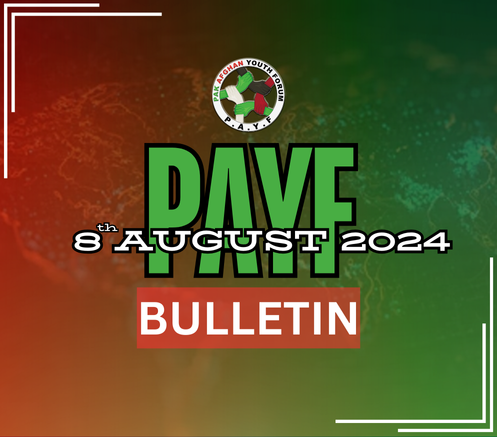BAKU: The first Afghan official to attend UN climate talks since the IEA came to power told AFP on Monday that his country hopes to benefit from a global finance deal under negotiation at COP29 in Baku.
Heading a three-person team, former IEA negotiator Matiul Haq Khalis stood out in the bustling halls of the conference in Azerbaijan’s capital where delegates from nearly 200 countries began two weeks of talks.
The IEA-led government, which is not internationally recognised, tried and failed to attend the previous COP (Conference of the Parties) meetings held in Egypt and the United Arab Emirates (UAE). However, Afghan delegates this year secured an invitation to COP29 in Baku, giving Afghan officials a platform at the climate talks.
Khalis, director general of Afghanistan’s National Environmental Protection Agency (NEPA), said his team was invited to attend the talks by Azerbaijan’s ecology minister and COP29 president Mukhtar Babayev.
Also See: Islamic Emirate Delegation Travels for Azerbaijan to Attend COP29
The Afghan delegation is in Baku as “guests” of the hosts, not as a party directly involved in the negotiations.
“I really appreciate” Babayev’s invitation and the Azerbaijani government’s facilitation of visas, said Khalis, son of prominent figure Mawlawi Yunus Khalis.
His delegation, he told AFP through an interpreter, aims to “deliver the message … to the world community that climate change is a global issue and it does not know transboundary issues.”
With Afghanistan among the countries most vulnerable to global warming, the IEA have argued that their political isolation should not bar them from international climate talks.
Khalis said COP29 participants should take into consideration vulnerable countries such as Afghanistan, which are most affected from the effects of climate change, “in their decisions”.
The IEA’s treatment of women, however, could be controversial at climate conferences where gender rights always play a part of the discussions.
“Afghan people, especially the most vulnerable, urgently need support from climate finance to recover and adapt,” climate activist Harjeet Singh told AFP.
“However, as the IEA government seeks to engage in the international process, it is essential that they respect and promote universal fundamental rights — particularly women’s rights within the country,” he said.
Women and children in particular “are bearing the brunt” of climate change, Sanjay Vashist, director of the Climate Action Network South Asia (CANSA) told AFP.
While the IEA are barred from the negotiations, “the world cannot abandon the people of Afghanistan who are suffering from the triple whammy of the climate crises, gross human rights violations and extreme poverty,” Vashist said.
Asked about the gender issue, Khalis told AFP that the implementation of climate change projects “boost” women as well.
Azerbaijan’s COP29 presidency did not immediately respond to a request for comment on the invitation.
Azerbaijan reopened its embassy in Kabul in February this year, though it has not officially recognised the IEA government.
This news is sourced from [Geo] and is for informational purposes only.

![Afghan delegates attend climate talks in Baku, seeking support for Afghanistan at COP29 amid global discussions. [AFP]](https://pkafgyouthforum.com/wp-content/uploads/2024/11/574019_4647472_updates.webp)

